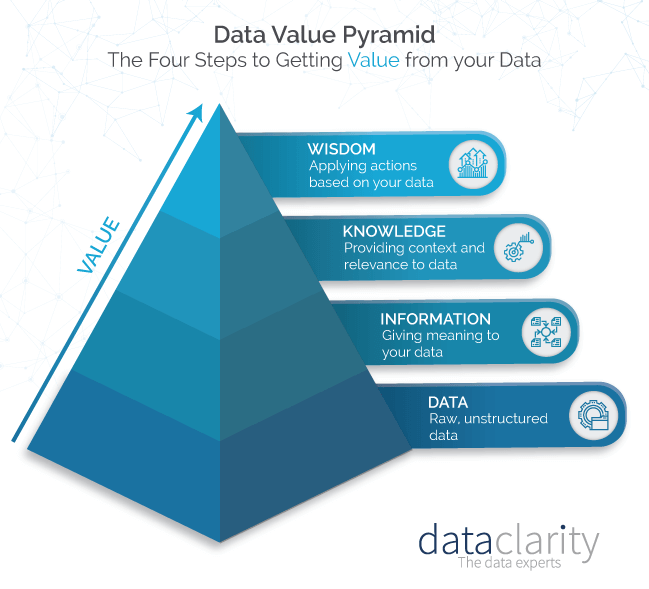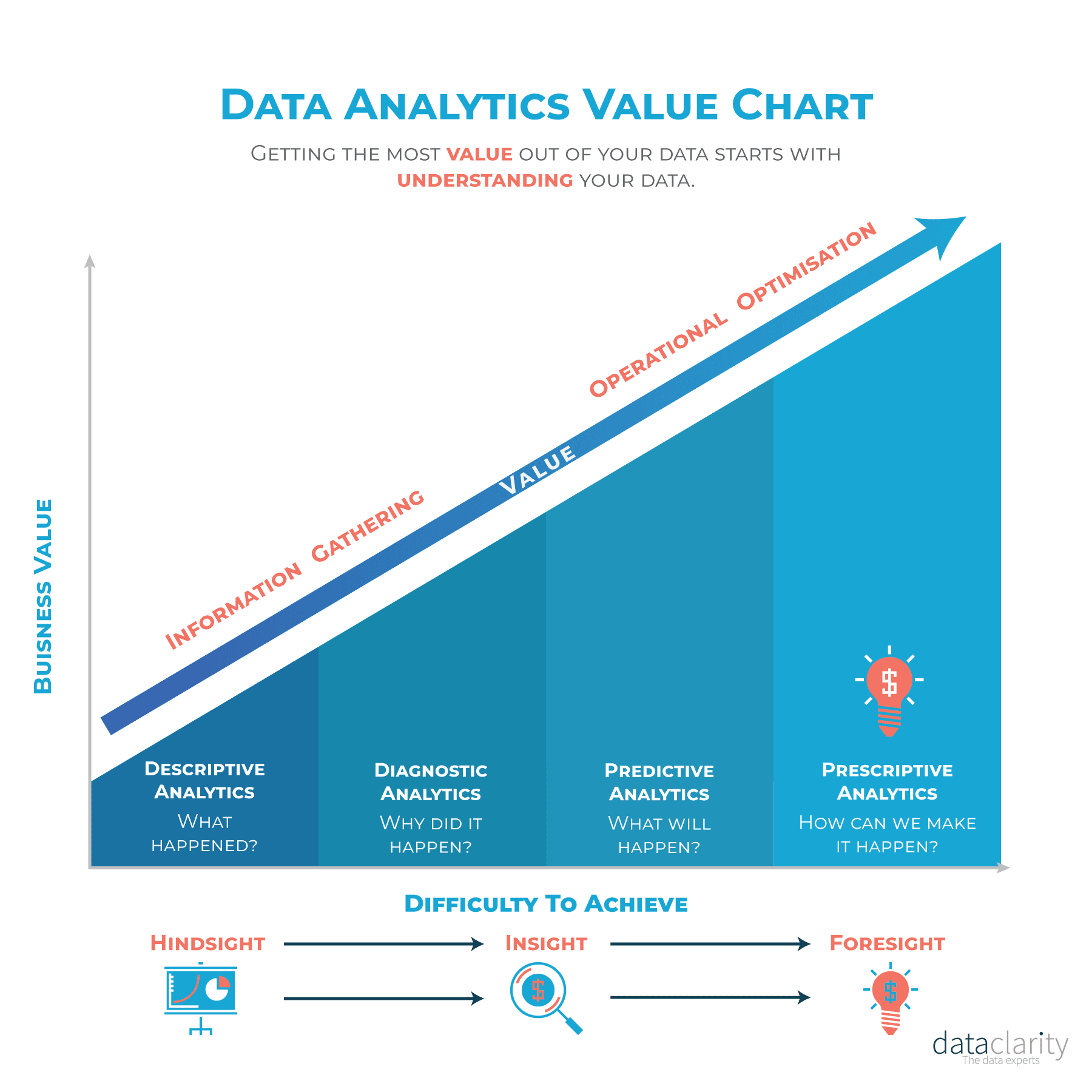What is Data Quality & Why is it Important?
7th October 2020
Data quality is the single most important investment your company can make over the next 5 years. You may not realise it, but not all data is created equal. As the number of data sources and methods for collecting data, it becomes increasingly difficult to ensure that your data is high quality.
Ensuring quality is essential to all digital transformation initiatives, such as customer personalisation, predictive analytics, machine learning and AI applications. We have put together this guide to help you understand more about data quality, and why it is so essential to your business.
What is data quality?
The value of maintaining good quality data on your business, your clients, prospects, inventory, products and suppliers should not be underestimated. It is not just about knowing your customers but truly knowing ‘Who, What, Where, When, and Why’ consumers spend their money.
Having high quality data means having trust that your data is the most accurate and complete data possible, with few errors (and possibilities for errors). This could mean introducing automation processes to reduce human error, and putting in quality checks through software, such as ClarityNexus.
Relevant and timely data provides the evidence that supports strategic decision-making, which leads to effective customer engagement strategies and informs what to make, where to sell and how your suppliers perform through accurate insights.

Data quality myths busted
One of the first hurdles to overcome when attempting to adopt a data-driven mindset and move towards digital transformation: misconceptions around data quality.
To help you understand how this will answer your business questions, we have broken down some of the most common misconceptions on this topic.
Achieving it is not easy
Data teams will agree that achieving accurate and complete your data can be a challenge. The “how” behind your data collection matters at least as much as the “what” you collect.
At Data Clarity, our data experts have spent years working with organisations to improve data quality, starting with audits. The audit process is essential in discovering the ‘how’, the ‘what’ and the challenge that companies face.
You are not striving for perfection
We do not mean that you end up with “perfect data”. At Data Clarity, we recognise that striving for 100% accuracy every time is an impossible goal, and in most cases, not necessary.
Data quality means developing methods to ensure the most accurate and complete data set possible in your organisation. This means it will be slightly different in each organisation, depending on tools and needs. The goal here is to reconcile all records to reduce or remove duplication. We call this the golden record.
It is not a one-time-only process
Achieving data quality is an ongoing effort to measure how accurate and complete your data is – and how accurate and complete you need it to be.
Don’t be fooled by the idea that this is something you can clean up once and forget about. Your analytics results are only going to be as good as the data you derive insight from, and this is an ongoing process.
We have put together a guide to help you put together a data cleansing plan, which you can read here.
What are the problems with achieving data quality?
Our conversations with real-world Data Clarity clients and data teams have highlighted a few common challenges, including:
- Inadequate data culture and willingness to ignore bad or inconsistent data
- Organisational erosion of confidence in data and data team
- Operational issues, such as the difficulty of working with bad data, the need for complete data, difficulties around missing or bad data.
Data Clarity Co-Founder, Pana Lepeniotis, has talked and written about data quality in his personal blog on LinkedIn, discussing the privilege of high-quality data and the difficulties of achieving this.

Why is it important?
The challenges above are important because they show what barriers exist to developing a data-quality mindset and highlight why this is important: working with poor quality data is time consuming and resource intensive.
Bad data prevents organisations from getting to their desired insights, leads to incomplete or erroneous insights, and erodes confidence in what the data team is doing (both within the team and the wider company).
As a result, we often find companies complain that their investments in data analytics do not yield a good return on investment, no matter how expensive the system they invest in. This is because no data analytics tool can overcome poor-quality data.
Simply put, poor data in equals poor insights out.
Where to start?
Is your data complete and accurate enough to deliver on your data strategies? After you have given some serious thought to what data quality is and what it means to your business and decision making, actually getting better data quality is your next step.
This comes down to focusing on your data collection strategy to gather the most consistent, accurate, and complete datasets for your use cases. Data collection has become less about moving data from one place to another to being able to collect data from anywhere you want to use in your own data analytics use cases.
At Data Clarity, we can help you take control of your data to improve outcomes and build stronger customer relationships through world class, award-winning validation, data management and enrichment capabilities.
We’d like to share more about how you can take the next step and optimise your pipeline for high-quality data collection. Contact us to arrange a consultation with our data experts and find out what your data can do for you.
